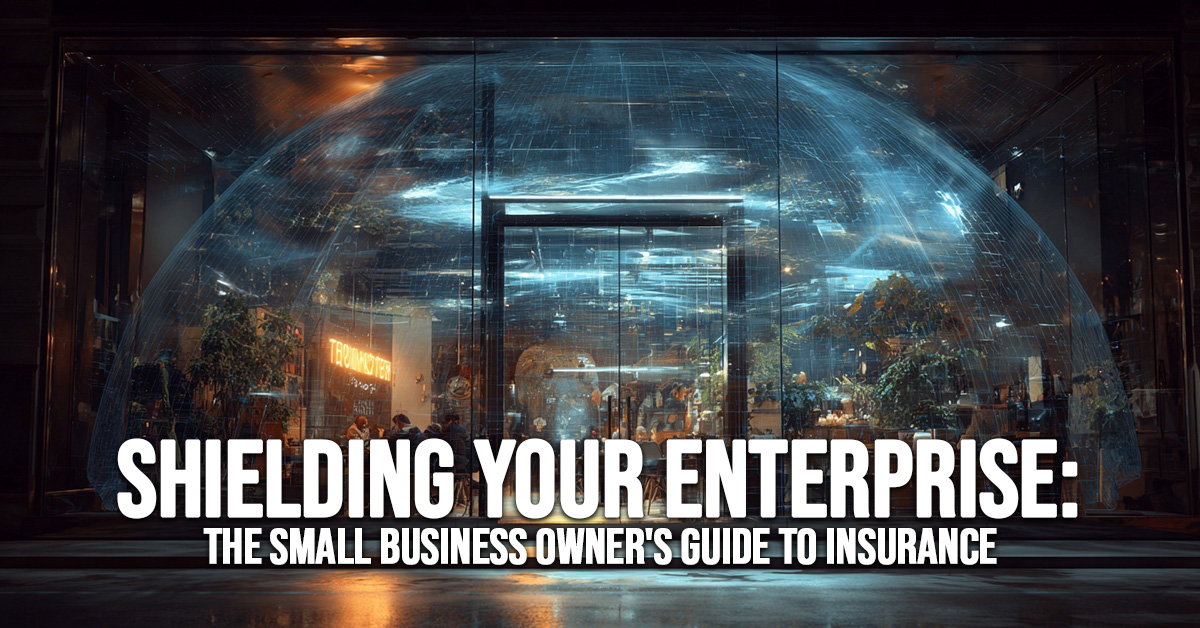
Shielding Your Enterprise: The Small Business Owner’s Guide to Insurance
For the small business owner, every day is a delicate balance of ambition and risk. You’ve poured your heart and soul into building something from the ground up, but what happens when a client sues you, a fire destroys your inventory, or a cyberattack compromises your customer data? This is where business insurance becomes your most critical line of defense. It’s not just a legal requirement; it’s a strategic investment in your company’s resilience and longevity.
At the core of business insurance is the Business Owner’s Policy (BOP). A BOP is a convenient bundle that typically includes three essential coverages: Commercial Property, General Liability, and Business Interruption Insurance. Commercial Property insurance protects your physical assets, including your building, equipment, inventory, and furniture, from damage caused by covered perils like fire, theft, or windstorms. General Liability insurance is your shield against third-party claims of bodily injury or property damage. If a customer slips and falls in your store or an employee accidentally damages a client’s property, this coverage pays for legal defense and settlements.
The third component of a BOP, Business Interruption insurance, is often overlooked but can be a lifesaver. If a covered peril, like a fire, forces you to temporarily shut down your operations, this policy replaces the income you lose during the recovery period. This can be the difference between reopening your doors and going out of business.
Beyond the basic BOP, every business faces unique risks that require specialized coverage. Professional Liability insurance, also known as Errors & Omissions (E&O), is essential for service-based businesses like consultants, accountants, and designers. It protects you from claims of negligence, errors, or failure to perform your professional duties. This can cover the legal costs of a lawsuit even if the claim is unfounded.
In our digital age, Cyber Liability insurance is no longer a luxury; it’s a necessity. Data breaches, hacking, and phishing attacks are a constant threat, and the costs of a breach—including customer notification, credit monitoring, and legal fees—can be crippling. Cyber insurance can cover these expenses and help your business recover from a cyberattack. Similarly, Commercial Auto insurance is required if your business uses vehicles, and Workers’ Compensation is mandatory in most states to cover employees’ medical costs and lost wages if they are injured on the job.
The right insurance portfolio is not about buying every policy; it’s about understanding your specific risks and building a tailored strategy. A small, home-based consulting firm has vastly different needs than a busy restaurant or a construction company. Working with an experienced insurance broker who understands your industry is crucial. They can help you identify your vulnerabilities, from physical risks to professional and digital ones, and secure the right coverage. Ultimately, business insurance allows you to focus on what you do best—running your business—knowing that a robust safety net is in place to protect your dreams and your livelihood.